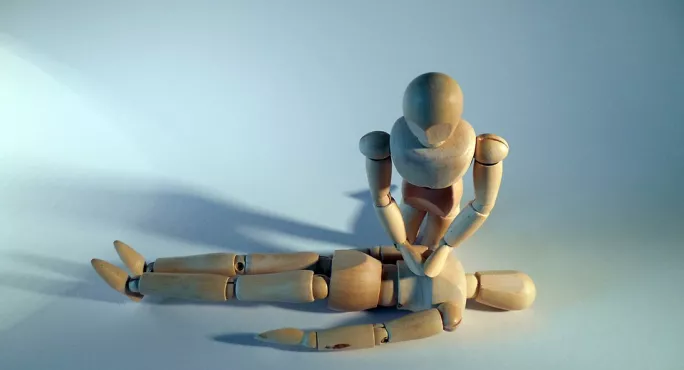Giving pupils PSHE education could quite literally save lives, MPs heard today.
By including lessons in basic first aid and cancer detection as part of the subject, schools would equip pupils to go out into their communities and help prevent and treat illness, politicians said.
During a cross-party debate about whether PSHE should be made statutory in all schools, Justin Tomlinson, Conservative MP for Swindon North, said that a one-hour lesson in first aid would “create a generation of lifesavers” and “could save 5,000 lives a year”.
He added: “This is an absolute win-win for everybody. It would slot very easily into PSHE lessons.”
Andrew Selous, Conservative MP for South-West Bedfordshire, said that he would like to see all pupils taught to detect cancer early.
“The golden key to cancer is early detection,” Mr Selous said. “If we teach that to our children when they’re young, they’ll have no embarrassment about examining their own bodies for early detection.
“And, if they then take that message home to their families, and make sure their families do likewise, we can do much better.”
‘Turn young people into lifesavers’
Will Quince, Conservative MP for Colchester, pointed out that first aid is already included in the PSHE programme of study. “However, because it’s not mandatory…provision is patchy,” he said. “Some schools don’t cover it at all.”
Teresa Pearce, Labour MP for Erith and Thamesmead, agreed. She cited Department for Education figures showing that time given by schools to PSHE fell by 32 per cent between 2011 and 2015.
“If there’s a tussle for timetable space, the statutory subjects will always win,” she said.
Following legislation last April, statutory sex education will be introduced into all schools from September 2019. However, PSHE remains optional for maintained schools and academies.
Ms Pearce acknowledged that teachers already work long hours and that there is little space in the curriculum to introduce new subjects.
But she said that teachers would not need additional training in order to teach first aid: charities such as the British Red Cross already provide relevant classroom resources.
“Children, when they start school, should be taught to call 999 - and what happens when you do,” she said. “It will inspire a sense of confidence to act.
“There’s an ever-present threat of terrorism. What we need to do is to turn young people into lifesavers, so they’re not bystanders.”
Defibrillators
Mr Quince argued that one hour of training, once a year, would give pupils sufficient knowledge to be able to save lives. He added that 97 per cent of secondary pupils agreed that first aid should be taught, but that 60 per cent of all children received no first-aid education at all.
“It empowers them to step up, take responsibility and allows them to contribute to our community - surely something that we’d all want for our children?” he said.
Addressing MPs at the debate, school standards minister Nick Gibb said that “schools can teach emergency first aid through the wider curriculum”.
And he said that his government had made defibrillators available to schools at an affordable price.
But Ms Pearce said that this was insufficient. “I was a little concerned to hear the minister talk about first aid in schools and just mention defibrillators,” she said. “A defibrillator won’t help if someone is having an epilepsy attack.”
Want to keep up with the latest education news and opinion? Follow Tes on Twitter and Instagram, and like Tes on Facebook




